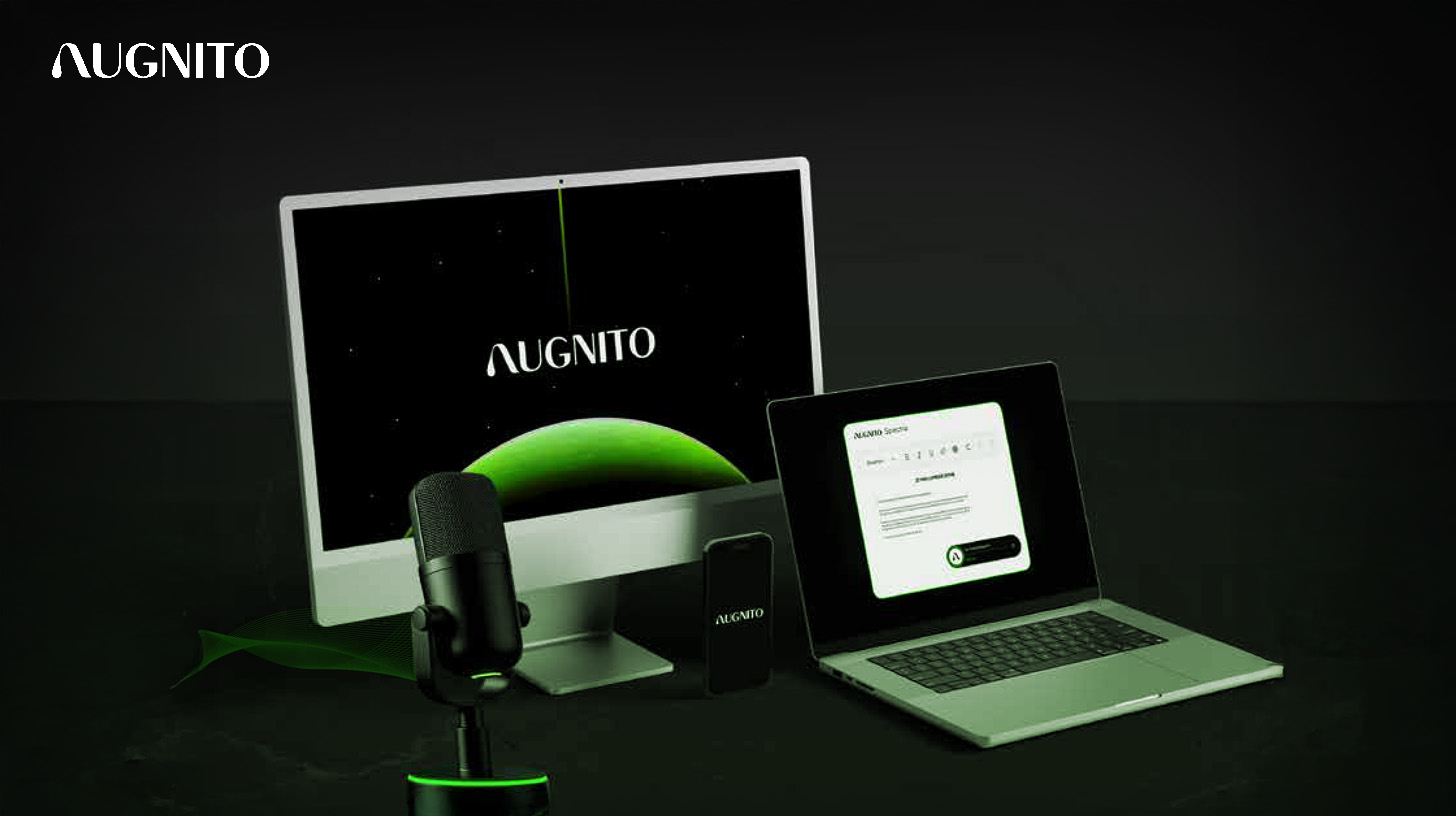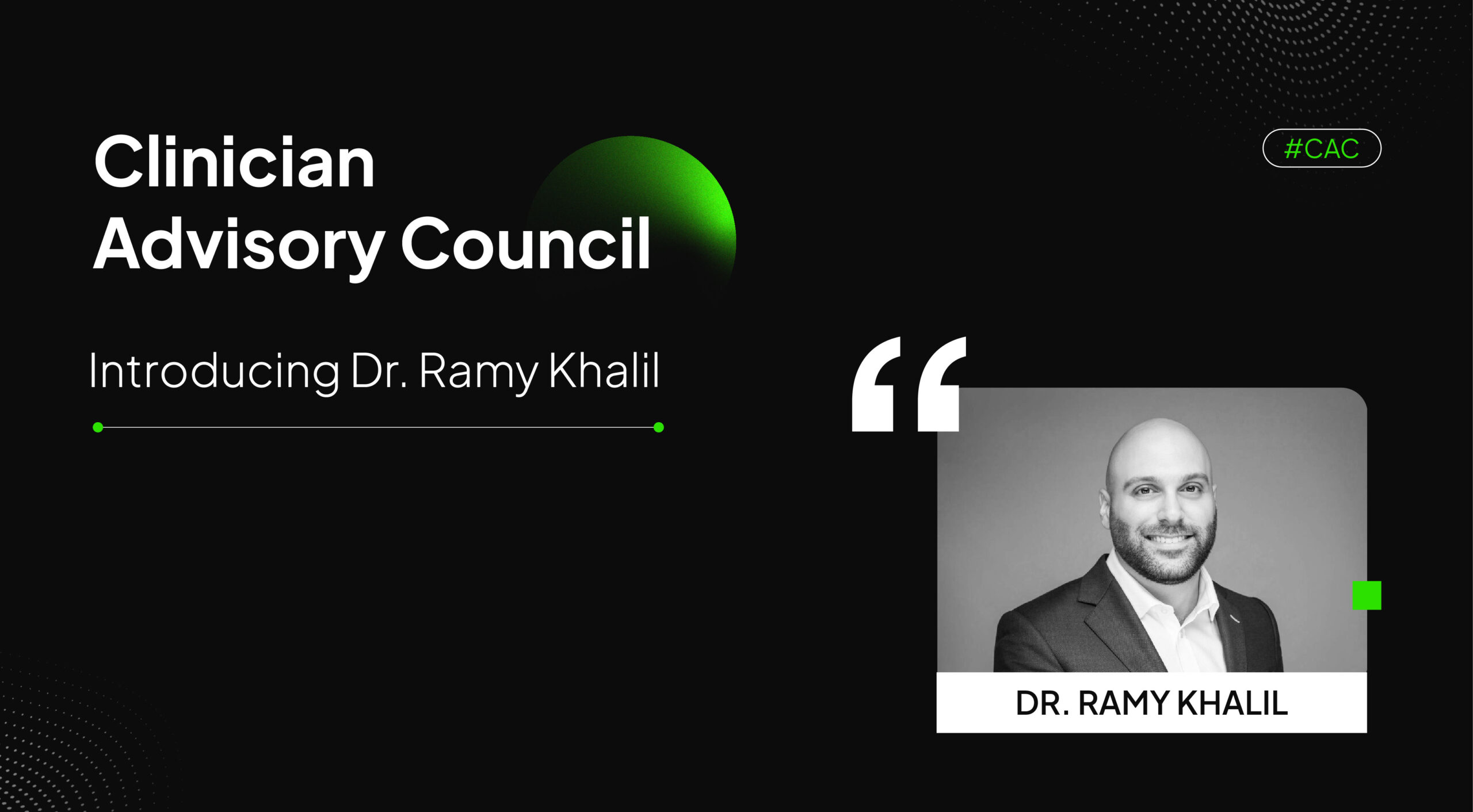Human-Centric HealthTech: Investing in Hospital Management System with Speech Recognition Capabilities
Imagine a busy hospital on a typical day. You navigate through crowded hallways, managing numerous patients and handling mountains of paperwork. Amidst this organized chaos, a patient arrives at the emergency room with severe chest pain. Every second is critical. Traditionally, you would spend precious minutes entering data manually, but in this hospital, technology is different. Equipped with a speech recognition-enabled hospital management system, you quickly document the patient’s symptoms and medical history verbally. The system transcribes your words accurately in real-time, alerts you to the potential risks and suggests immediate interventions. Within moments, you order the necessary tests, and the care team is mobilized. This is human-centric technology in action.
Understanding Human-Centric HealthTech
Human-centric health technology prioritizes the needs, experiences, and well-being of patients and healthcare providers over just pure advancements in technology. Deeply connected to the human element of healthcare, it boosts patient satisfaction, optimizes workflows for providers and remains firmly rooted in the human experience.
Technologies such as speech recognition tools, AI-driven decision support systems and telemedicine put people at the centre of healthcare innovation. They are collectively transforming how healthcare is being delivered across the globe.
For instance, did you know that the use of speech recognition technology in healthcare settings has shown to achieve an accuracy of 99% in clinical notes and that it helps complete documentation 4X times faster than typing?
Additionally, studies report significant reduction in staff burnout saving up to 3 hours of the physician’s time every day. According to a study at Vassar Brothers Medical Center, the Net Promoter Score for Electronic Health Records (EHRs) improved by 99 points after implementing speech recognition technology. 95% of users, including doctors and nurses, support its adoption.
This compelling evidence underscores the importance of human-centric health tech, that is designed to boost the efficiency and accuracy of medical professionals while prioritizing patient care.
Medinous and Augnito: A Partnership for Better Healthcare
One such innovation is hospital management systems equipped with speech recognition capabilities. Solutions such as Ambient and Spectra when working within a contemporary hospital information management solution transform the way doctors and nurses interact with technology.
Augnito is proud to partner with Medinous, a leader in clinic and hospital management systems with over 25 years of experience in healthcare management information technology. They have key installations in 14+ countries, showcasing their global presence.
Medinous offers scalable, user-friendly solutions for hospitals and clinics, supporting healthcare professionals in managing clinical and administrative tasks. Their innovative systems are suitable for a wide range of healthcare settings.
By integrating Augnito‘s advanced speech recognition technology with Medinous’ robust hospital software systems, together we look to significantly improve the efficiency, accuracy, and overall user experience for healthcare providers.
Investing in a Human-centric Hospital Management System with Speech Recognition
Modern Day Hospital Management Systems
Human-centric Hospital Management System (HMS) is a comprehensive, integrated software solution designed to manage the operational, administrative, and clinical aspects of a hospital. It leverages advanced technology to create an environment where patient care is streamlined, compassionate while offering optimised workflows to care givers.
Key modules in a Human-centric Hospital Management System:
Electronic Medical Records (EMR): Comprehensive digital records of patients’ medical histories, treatments, and outcomes, accessible by authorized healthcare providers.
Patient Management: Efficient patient registration, scheduling, inpatient and outpatient and tracking throughout their hospital journey, from admission to discharge.
Billing and Revenue Cycle Management: Automated billing processes, insurance claims management, and financial reporting for timely and accurate financial operations.
Inventory Management: Real-time tracking of medical supplies and pharmaceuticals, ensuring optimal inventory levels and reducing waste.
Laboratory and Radiology Management: Integrated modules for managing laboratory tests and radiology imaging, including scheduling, results reporting, and data archiving.
Pharmacy Management: Streamlined management of medication dispensing, prescription tracking, and compliance with regulatory standards.
Analytics and Reporting: Advanced data analytics and reporting capabilities that provide insights into operational performance and patient outcomes, facilitating informed decision-making.
Patient Engagement Portal: Platforms that allow patients to access their health records, communicate with healthcare providers, schedule appointments, and receive personalized health information, encouraging active participation in their own care.
Speech Recognition Integration: Hands-free clinical documentation and voice command capabilities
With the integration of advanced technologies like artificial intelligence (AI) and speech recognition, HMS are evolving to meet the dynamic needs of modern healthcare facilities.
Key Elements of a Modern Human-Centric Hospital Management System
Patient-First Design: Solutions are crafted with patients’ needs and experiences in mind, making their journey from diagnosis to treatment and after care smoother. It emphasizes user-friendly interfaces and ease of access for all patient demographics. For instance, a senior patient scheduling appointment on a patient engagement portal would benefit from clearer instructions, larger text options, and voice assistance.
Personalized Care: Data analytics and AI in healthcare can help the care-giver create personalized treatment plans for each patient. Imagine a scenario where a doctor is treating a patient with diabetes. By incorporating the patient’s medical history, genetic information, and lifestyle factors, the doctor can use advanced analytics to identify the most effective treatment plan. For instance, data might reveal that a particular medication works better for patients with a specific genetic marker, or that certain lifestyle changes could significantly improve the patient’s condition. Customized interventions based on this data increase treatment effectiveness.
Workflow Optimization for Providers: With technologies like speech recognition, doctors can spend less time on paperwork and more time with their patients. Hands-free clinical documentation significantly lessens the time that a physician spends on administrative tasks.
Interoperability: Developing systems that seamlessly share and integrate 3rd party data across platforms provides a holistic view of patient records enabling coordination of care. Integrated data allows healthcare professionals to access comprehensive patient information, including lab results, imaging studies, billing information and specialist notes.
How Speech Recognition Works in Hospital Management Software
Incorporating speech recognition into an hospital or clinic management software involves embedding sophisticated AI and natural language processing (NLP) algorithms within the system. These algorithms are trained to recognize medical terminology and context. For example, a doctor can dictate patient notes directly into the system, which the speech recognition software then converts into structured data entries within the EHR. Similarly, clinicians can use voice commands to navigate the system, enter orders, and retrieve patient information.
Augnito’s Speech recognition technology is available across 55+ medical specialties and note types, including SOAP notes, progress notes, lab reports, imaging reports and studies, surgical notes, and many more. With Spectra and Ambient a physician can directly dictate into any HIS/EMR/PAC/RIS without the need for native integration.
By combining the strengths of real-time speech recognition and clinical intelligence, Spectra and Ambient ensure that the documentation process is not only efficient but also reduces the cognitive burden on physicians, ultimately contributing to better healthcare outcomes
Examples of Tasks Improved by Speech Recognition
Documentation: Traditionally, documenting patient encounters is a time-consuming task that involves significant manual entry. Speech recognition simplifies this process by allowing clinicians to dictate notes directly into the HMS, which are then transcribed in real-time.
Order Entry: Physicians can use recoe commands to enter orders for medications, tests, and procedures. This reduces the risk of errors associated with manual entry and speeds up the process.
Information Retrieval: With Automatic speech recognition, healthcare providers can quickly access patient records, lab results, and imaging reports by simply speaking the required commands, enhancing workflow efficiency and reducing the time spent on data retrieval.
Benefits of Hospital Management Systems with Speech Recognition Integration
Accuracy and Speed:
Reduced Time Spent on Documentation: Speech recognition technology allows healthcare providers to dictate patient notes and records much faster than traditional typing.
High Accuracy: Advanced speech recognition and dictation systems for doctors are highly accurate, with exhaustive vocabulary of medical terminology with the ability to understand complex phrases. This reduces the likelihood of errors in patient records, ensuring that the information is reliable and precise.
Consistency in Records: With Speech recognition all dictated information is consistently captured. It reduces variability and standardises documentation.
Real-Time Updates:
Immediate Transcription: Spoken words are transcribed into digital records instantly, allowing for real-time updates to patient information. All data is current and available to care-givers, facilitating more informed decision-making.
Improved Patient Care
Focus on Patient Interaction: By minimizing the time spent on documentation, healthcare providers can dedicate more time to patient interactions. This leads to better patient engagement and a higher quality of care.
Efficient Task Management: Speech recognition technology helps in quickly documenting patient encounters, orders, and instructions, which streamlines the entire care process from admission to discharge.
Operational Efficiency
Cost Savings:
Eliminating the need for third-party transcription services, speech recognition is cost-effective and efficient. It reduces administrative workloads, allowing hospitals to optimize staffing and resource allocation.
Reduced Transcription Costs: By eliminating the need for third-party transcription services, hospitals can save on associated costs. Automated transcription is both cost-effective and efficient.
Decreased Administrative Workload: The automation of documentation tasks reduces the administrative workload on healthcare providers, allowing hospitals to optimize their staffing and resource allocation.
Integration with Other Systems:
Seamless Integration: Speech recognition technology can be integrated with other critical hospital systems such as Electronic Health Records (EHR), billing systems, and laboratory information systems. This creates a cohesive operational environment where data flows seamlessly between systems.
Enhanced Data Accessibility: Data is easily accessible to authorized personnel across various departments, improving communication and coordination.
Compliance and Reporting:
Regulatory Compliance: Accurate and timely documentation is essential for compliance with healthcare regulations and standards. Speech recognition confirms that records meet these requirements, reducing the risk of non-compliance.
Improved Reporting: With automated and accurate documentation, generating reports for clinical, administrative, and regulatory purposes becomes more efficient. This supports better decision-making and strategic planning.
Conclusion
Investing in Hospital Management Systems with integrated speech recognition capabilities is a forward-thinking approach that offers numerous benefits for healthcare facilities.
These advanced systems significantly enhance the accuracy and speed of clinical documentation, enabling healthcare providers to focus more on patient care and less on administrative tasks. With real-time transcription of patient data, records are always up-to-date and easily accessible, facilitating improved coordination and decision-making among healthcare professionals
From a financial perspective, hospitals can realize substantial cost savings by reducing the need for manual data entry and third-party transcription services. Additionally, automated documentation helps ensure compliance with healthcare regulations, thereby mitigating the risk of non-compliance and associated penalties. The integration of speech recognition technology with other critical systems such as Electronic Medical Records (EMR), Billing, and PACS creates a cohesive operational environment, enhancing communication and workflow efficiency across departments
Together, Augnito and Medinous are committed to driving innovation in healthcare, making it more efficient, accurate, and centered on the needs of patients and healthcare professionals. This partnership exemplifies the potential of human-centric health technology to revolutionize healthcare delivery. By leveraging these combined technologies, hospitals can achieve improved patient outcomes, greater provider satisfaction, and a more streamlined, cost-effective operation.
By embracing the integrated capabilities offered by Augnito and Medinous, hospitals can stay at the forefront of healthcare innovation. Healthcare delivery is more efficient, accurate, and patient-focused than ever before, paving the way for a future where operational excellence and top-notch patient care go hand in hand.
Take the next step towards transforming your hospital’s operations and patient care. Contact us today to learn more about the combined synergies of Augnito and Medinous can help you achieve a more efficient, accurate, and patient-centered healthcare facility.



